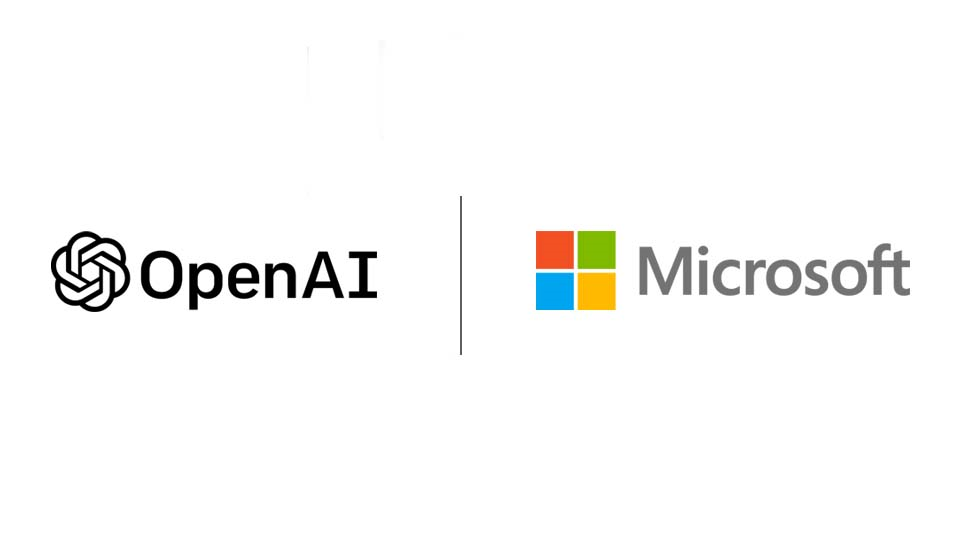
OpenAI and Microsoft are locked in critical negotiations over the former’s plan to transform its for-profit entity into a public-benefit corporation, a move that hinges on Microsoft’s approval and hinges on its desire for greater equity. With tensions mounting, OpenAI has even contemplated accusing Microsoft of anti-competitive conduct as leverage in talks, signalling a shift from collaboration to confrontation.
The dispute centres on Microsoft’s demand for a larger ownership stake in OpenAI’s restructured unit than the 33 per cent that OpenAI is reportedly willing to offer. Microsoft has invested roughly US$13 billion since 2019 but holds no direct equity, instead receiving a share of future profits. Under the new structure, Microsoft seeks equity in exchange for forgoing certain profit rights—an ask OpenAI deems excessive.
Executives at OpenAI have discussed using a “nuclear option” against Microsoft, weighing antitrust claims and potential federal oversight of their partnership. The company is also mounting a public campaign warning of monopolistic behaviour. Such steps reflect a broader shift in openness to regulatory scrutiny amid high-stakes restructuring.
Another dimension of the impasse involves OpenAI’s US$3 billion acquisition of the coding start-up Windsurf. Although Microsoft’s deal grants it access to all OpenAI intellectual property, OpenAI resists allowing Windsurf’s IP to fall under those terms, citing competitive concerns over Microsoft’s GitHub Copilot.
OpenAI must finalise its transition into a public-benefit corporation by year-end or risk losing around US$20–30 billion in planned funding, including an expected US$30 billion injection from SoftBank. That investment is contingent upon the restructuring process. Meanwhile, Microsoft is fortifying its own AI offerings—expanding its AI talent pool and integrating alternative AI models into its products.
OpenAI’s roadmap envisages it as a public-benefit corporation: a for-profit subsidiary guided by a nonprofit board that balances shareholder outcomes with public interest. This model enables it to raise substantial capital through equity and prepare for a potential public listing. Its nonprofit parent will retain control over the subsidiary’s board. Earlier plans to relinquish nonprofit oversight were dropped amid internal dissent and objections from California and Delaware attorneys general.
Microsoft faces its own trade-offs. The company possesses exclusive rights to commercialise OpenAI models through Azure and, under existing agreements, holds access to OpenAI technology until around 2030. But it has stepped back from high-level oversight—citing antitrust concerns—and removed its board observer seat in mid‑2024. Microsoft also supplies OpenAI with critical cloud computing resources via Azure, a pillar of their partnership.
Amid these frictions, OpenAI plans to lessen its reliance on Microsoft by endorsing alternative providers such as Google Cloud, Oracle and CoreWeave. Such diversification underscores its ambition to maintain independence in infrastructure and bargaining power. Microsoft, in response, has ramped up internal AI development efforts—such as augmenting Microsoft 365 Copilot—and hiring external talent including Sam Altman’s former colleague Mustafa Suleyman.
Despite the sharp disagreements, officials from both companies have maintained public diplomacy. “We have a long-term, productive partnership that has delivered amazing AI tools for everyone,” they said in a joint statement, expressing optimism that negotiations would yield a sustainable path forward.
Should talks falter, the broader implications for the AI landscape could be profound. Microsoft’s leverage over OpenAI technology could diminish, and regulatory scrutiny may intensify around major AI alliances. OpenAI would also need to secure alternative funding and compute sources swiftly to support its PBC structure and broader mission.
As summer advances, the two technology giants are faced with a defining choice: reshape their relationship to align ownership, governance and strategic interests—or head toward a rupture with enduring consequences for both.



